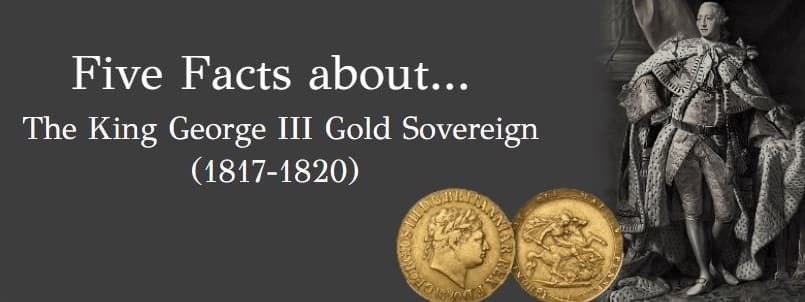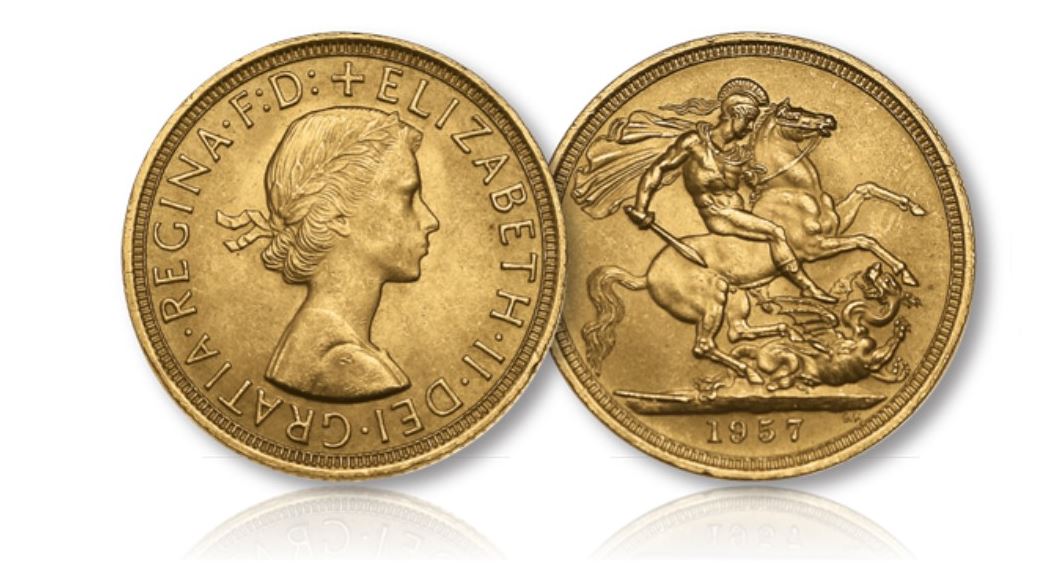
King George III, born in 1738, was a member of the Hanover Dynasty, which ruled England for almost two centuries. He became King of Great Britain in 1760, during some of the most turbulent and trying times, including the American Revolutionary War.
In 1788, an illness brought upon him many mental struggles and uncertainties, with Parliament eventually deeming him unfit to rule, and making his son Prince Regent. He lived with this ‘unknown’ disease for several years before his death in 1820.
We’re taking a look back through the reign of George III, and seven facts that you may not know about him and his life as King.
Read more





